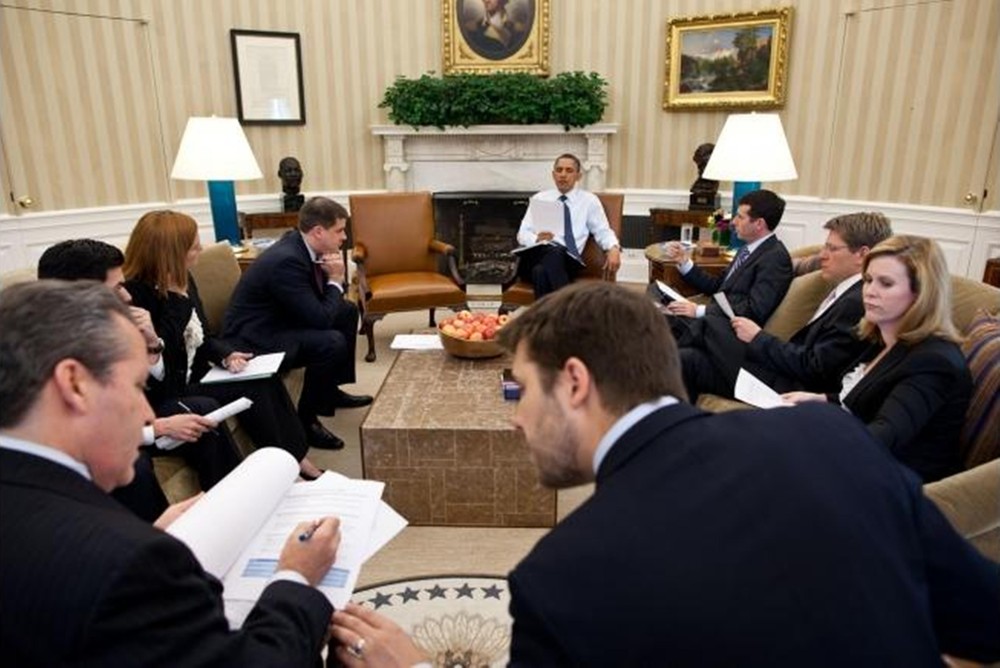How many hours will you spend in meetings today? This week? This month? For many of us, the sum total can be scary.
While group communication is critical in any organization, unproductive meetings can create a spiral of frustration and inefficiency. In the extreme cases, poor meeting management can decrease moral and result in finger pointing, backstabbing and an ocean of excuses for past misses instead of explanations and strategies for the future.
Worry not: There is hope. It’s your business after all, so if you want to make it better, try these tips:
First, ask yourself: is this meeting even necessary? A meeting is meant to involve only those who directly influence and are accountable for the outcome. How often have you looked around the room only to question why half of the people are even there? (Maybe you don’t even need to be there!) Make sure that all the participants are required, and that the content of the meeting isn’t one-way; otherwise an e-mail update or other group communication is sufficient.
Second, if a meeting is absolutely necessary, appoint a chair or moderator. He or she doesn’t need to be the most senior person in the room. In fact, delegating the management of a meeting can be a great way to show leadership and to give others the opportunity to shine. Furthermore, a subordinate is more likely to keep the conversation objective and on track, whereas the owner may feel at liberty to wander off in every direction while ‘chairing’ their own meeting.
Third, I believe in less more often. So for meetings that involve day-to-day stuff, keep them short. This works especially well for marketing and communication teams, production, product development, etc. but not necessarily for strategic sessions or review of monthly or quarterly results.
Another way to cut down on time is to stand in a circle during meetings. Avoid laptops, but keep notes. Everyone focuses on the speaker and the materials, no checking e-mails or taking calls.
Fourth, make sure the topics covered in the meeting result in action items that are assigned to the appropriate participants with defined completion dates. Your follow up meetings, if necessary, should review the status of each item.
Fifth, hold meetings right before lunch or end of day so everyone is motivated to stay on topic and on schedule.
Last, make them fun. A sense of humour is a good way to keep the spirits high. Also, be sure to give shout outs during the meeting to those who have done well or gone above and beyond. The public, positive attention will be appreciated by the receiver and motivating to others.
Group communications are key in any small business. When it comes to meetings, make sure they are: necessary; attended by only those directly affected; well chaired; fast; fun and result in assignable actions items that are followed up.
Meetings shouldn’t be a drag, they should be a springboard of action for you and your small business.

